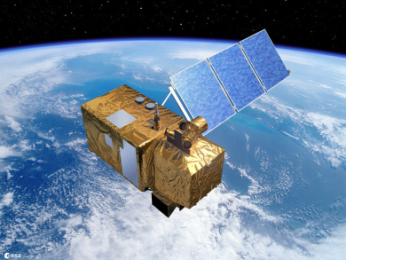A recent study commissioned by the European Space Agency (ESA) brings forward the idea that data from the upcoming Sentinel series of satellites should be regarded as Public Sector Information, increasing their value for money. The study "About GMES and data: Geese and golden eggs - A study on the Economic Benefits of a Free and Open Data Policy for Sentinel Satellite data" the authors outlined how reusing the data could potentially generate new businesses and jobs, and provide consumers with more choice and more value for money.
The report notes: “GMES may well be Europe’s goose capable of laying golden eggs. But how can we ensure a steady sustainable business model: do we take one egg (direct returns from sales of data) or do we allow the egg to hatch, hoping more golden-egg-laying geese will follow?”
ESA points out: " The free and open data policy for Sentinel data is expected to foster such reuse. In fact, there is evidence that economic benefits are magnified when the data are made available at low or marginal cost, so that entry barriers are minimised also for small and medium enterprises. Several surveys have evidenced this effect for various non-space information sectors, but no such survey exists for Earth observation data.

